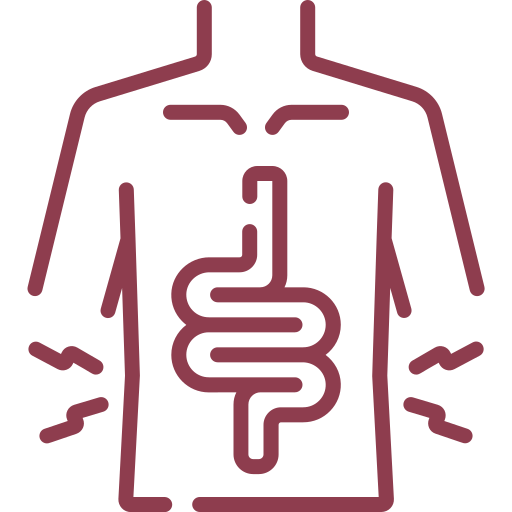
Keto Flex Chef-Prepared Meal Program
What if you could shed pounds without the struggle of a highly restrictive diet? The good news is you can with bistroMD’s Keto Flex program designed for those who want to jumpstart their weight loss journey and/or “go keto” without giving up their beloved carbs.
Keto Flex is a low-carb, metabolic reset program that’s flexible yet effective at detoxing from sugar, kicking cravings quickly, and jump-starting your weight loss journey while still enjoying your favorite foods. In just a few days, you will notice your sugar cravings dissipating, and in as little as 2-3 weeks your metabolism will be reset making your weight loss efforts that much more effective!
Increase your calorie burn with Keto Flex!
A study by The Journal of Nutrition found that low-carb diets increased calorie burn after a 2-3 week adaptation period as cutting carbs seemed to increase energy expenditure of about 150cal/day.1
What Makes bistroMD
Keto Flex Different?
The bistroMD Keto Flex program is more flexible than a traditional keto diet making it easier to stick to and more sustainable. As bistroMD’s lowest carbohydrate program, Keto Flex is designed to offer the benefits of a metabolic reset without all the struggle and sacrifice of arestrictive diet.
Keto Flex Nutrition
Calories
1200-1400
Carb-Smart
15-20g
Protein-Packed
25-30g
Fiber-Friendly
5g
Healthy Fats
10-15g
Sodium-Controlled
500mg
How It Works
Pick a Plan
Choose between a 5 or 7 day plan and the number of meals per day. You can also add gluten-free snacks to your plan.
Pick Your Meals
After purchasing your program, log in to view the menu built by our dietitians for you. Change out the meals as you'd like, our dietitians will provide nutritionally equivalent recommendations.
We Prepare Your Order
Our chefs & dietitians will handle the heavy lifting of keto flex meal prep for you. Your meals will arrive in packaging designed to keep your meals frozen for maximum freshness!
Get Extra Support
With bistroMD, you're never in this alone. Our dietitians are available by email for one-on-one consultations. Join our member community to connect with others on this journey with you!
Is Keto Right for You?
The ketogenic diet is a high-fat diet with severely restricted carbohydrate intake (less than 50g per day!). That means breads, grains, and even fruits and vegetables are off the table - a big shift in most people’s lifestyles, and a whole lot of sacrifice. Restrictive diets like keto can often lead to yo-yo dieting or weight cycling, which is associated with many health risks.

Keto Flu

Constipation

Vitamin and mineral deficiencies
The Answer: The best eating plan for you is the one that you can sustain.
Why cut carbs?
Cutting carbohydrates naturally tends to lead to weight loss, because carbohydrates cause blood sugar to rise, resulting in insulin production. Higher insulin levels equate to more fat storage, leading to weight gain. By eating a lower carb diet, less insulin is produced, and therefore, less fat is stored.
But, how low should you go?
As a science driven program, the bistroMD team looks to research to determine what works for various health conditions, genders, ages and other factors. In fact, research shows that moderate carb diets are just as effective as ultra low carb diets, such as the ketogenic diet, while being more sustainable without all the struggle and sacrifice. Keep in mind, for those with diabetes, are pregnant, heavily active, or for members with chronic diseases and on medications, we recommend always discussing with your doctor first before making any extreme dietary changes.
In a randomized clinical trial, researchers found that a group of women who followed a moderate carb diet of 15-25% carbs reduced body fat and waist circumference over 12 weeks similarly to another group of women who followed a ketogenic diet of 5% carbs. However, to no surprise the women who followed the moderate carb diet found it easier to stick to!2
In a 6 month study with type 2 diabetics, researchers found that a 20% carbohydrate diet resulted in a decrease in A1C after 3 months and maintained after 6 months. They also decreased weight, waist circumference, and total fat mass. The study concluded that reducing carb intake to 10-25% appears to be an effective and safe nutritional approach with respect to cardiovascular risk fats and hypoglycemia.3

Best Low-Carb Meal Delivery Service by Doctors

Top Weight Loss Meal Delivery Kits















